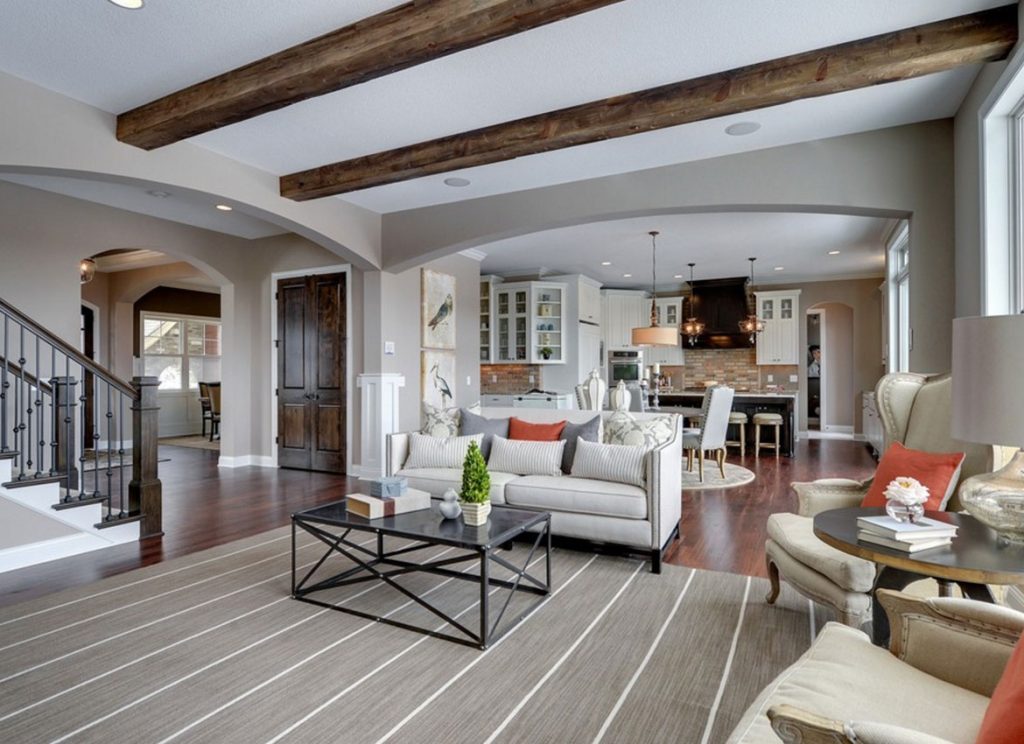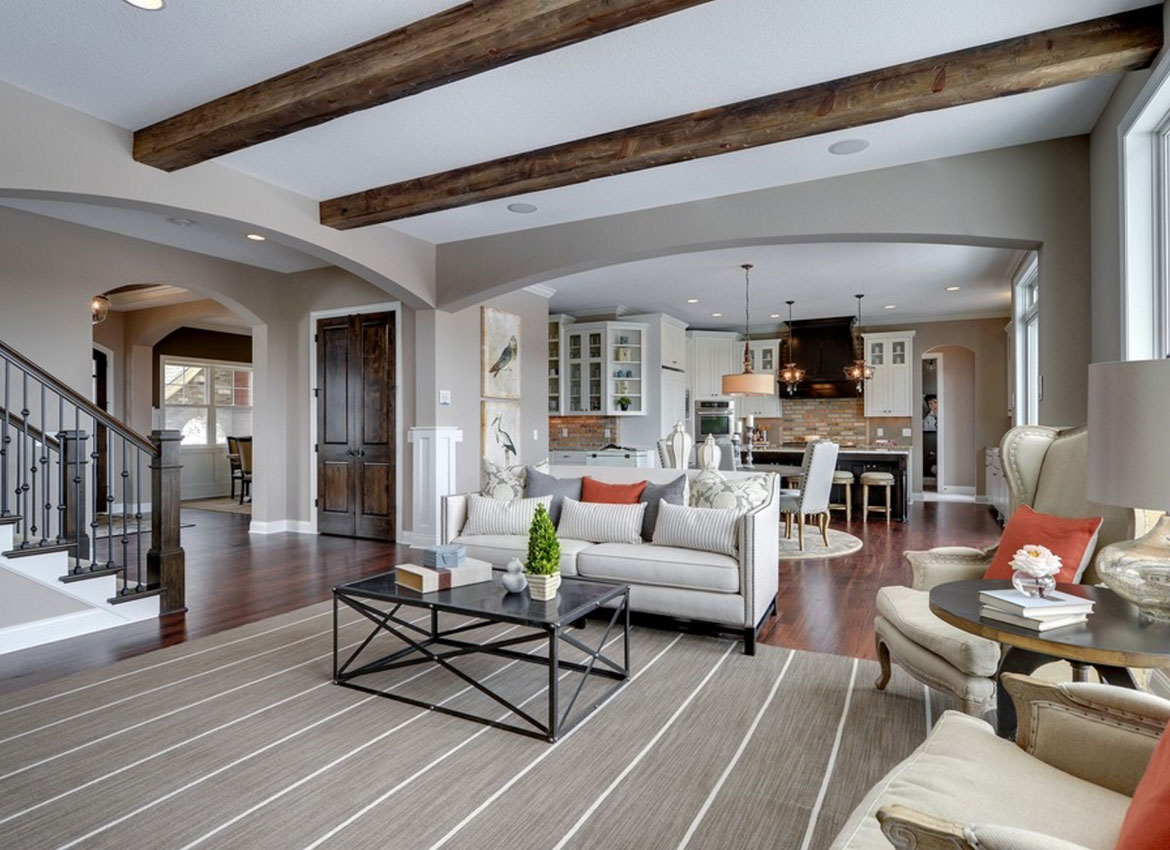How to Create a Budget for Your Home Remodel

Home Remodeling is an exciting venture that promises to enhance both the functionality and aesthetic appeal of your living space. However, one of the most critical steps in this process is creating a realistic and effective budget. A well-planned budget not only helps you manage your finances but also ensures that your project stays on track and within your financial limits. This guide will walk you through the essential steps to create a comprehensive budget for your home remodel, offering practical tips and strategies to help you achieve your renovation goals.
Understanding Your Remodeling Goals
Before starting your budget, it’s important to define the scope of your remodel. Begin by clarifying your goals—whether it’s upgrading your kitchen, adding a bathroom, or creating an open-concept space. List the key features you want, such as new cabinetry or flooring, and prioritize them based on importance. This will help you estimate costs more accurately and make informed decisions on where to allocate your budget.
Estimating Costs
To estimate your remodeling costs accurately, start by researching the average prices for materials, labor, and other expenses related to your project. Gather multiple quotes from contractors to understand the price range and ensure fair comparisons. Also, factor in additional costs like permits, inspection fees, and unexpected repairs by setting aside a contingency fund.
Setting a Realistic Budget
Once you understand the costs, set a realistic budget by determining a range that fits your financial capacity. Divide your budget into categories like materials, labor, and additional costs, based on your remodeling goals. If your budget falls short, consider financing options such as home equity loans or lines of credit, ensuring they align with your long-term financial plans.
Tracking and Managing Your Budget
Effective budget management is crucial to ensure your remodel stays on track and within your financial limits. Create a budget spreadsheet to track your expenses and compare them to your budget. Include categories for materials, labor, permits, and any other costs associated with your remodel. Regularly update the spreadsheet to monitor your spending and make adjustments as needed.
Monitor expenses by keeping track of all transactions as they occur. Save receipts and record transactions promptly to ensure accurate budget tracking. This will help you stay on top of your spending and identify any areas where you might be overspending. Review and adjust your budget periodically. If you find that certain aspects of the project are costing more than anticipated, make adjustments to other areas of the budget to compensate. Be flexible and willing to make trade-offs to stay within your financial limits.
Common Budgeting Mistakes to Avoid
To keep your budget on track, avoid common mistakes such as underestimating costs. Thorough research and obtaining multiple quotes can help you avoid this pitfall. Always include a contingency fund in your budget to cover unexpected expenses, ensuring you have a financial buffer for surprises. Don’t forget to account for design costs, such as fees for design services and permits, which are often overlooked. Lastly, plan for future maintenance by budgeting for long-term upkeep and repairs to avoid financial strain down the line.
Tips for Staying on Budget
To manage your remodel budget effectively, stick to your plan and avoid impulsive decisions. Communicate your budget clearly with contractors to prevent surprises. Shop around for materials to find the best deals and consider DIY tasks to cut labor costs. Keep all documentation organized, including contracts and receipts, to track expenses and address issues quickly.
Conclusion
Creating a budget for your home remodel is a critical step in ensuring the success of your project. By understanding your remodeling goals, estimating costs accurately, setting a realistic budget, and managing your finances effectively, you can achieve your renovation objectives without breaking the bank. Remember to research thoroughly, track expenses diligently, and stay flexible to accommodate any unexpected costs. With careful planning and budgeting, your home remodel can enhance your living space and add value to your home while staying within your financial limits.

